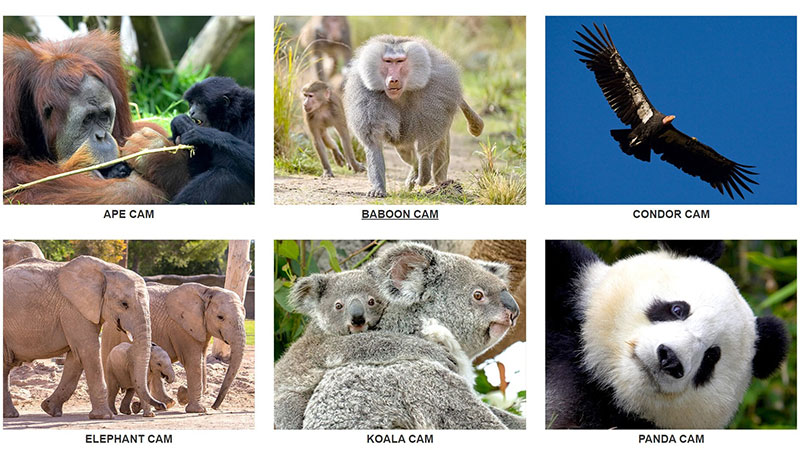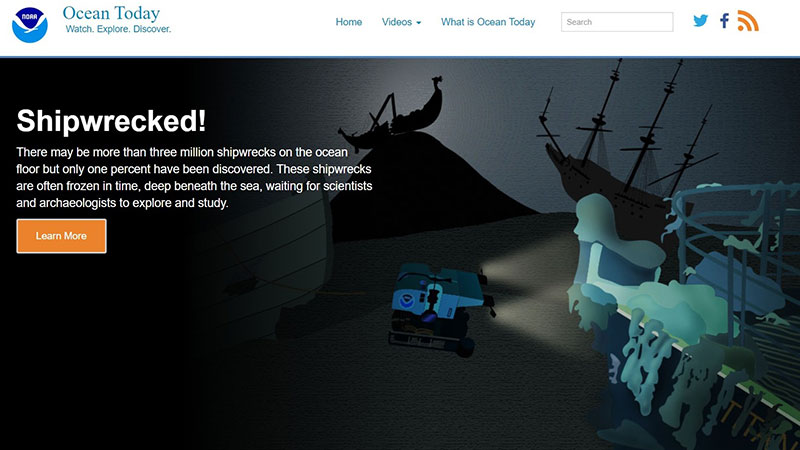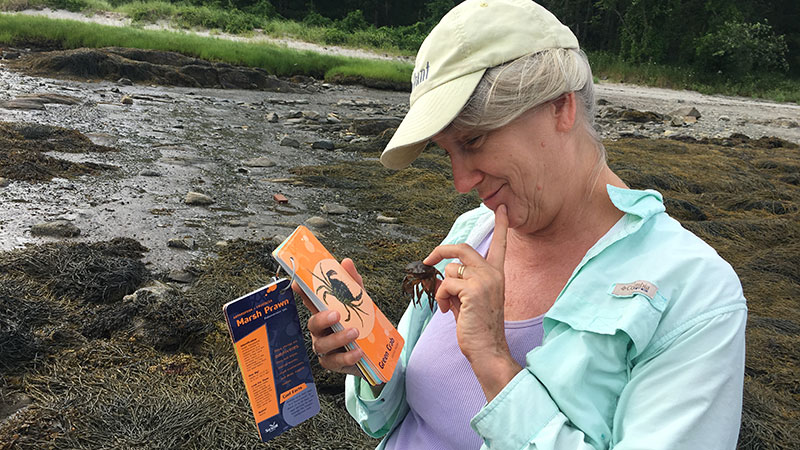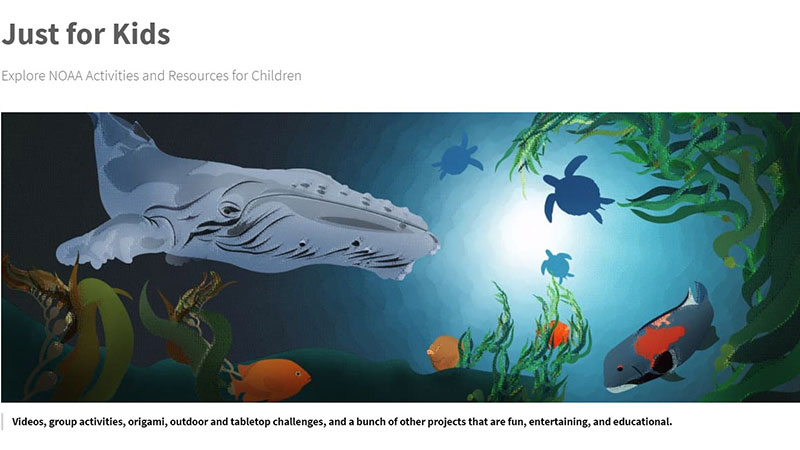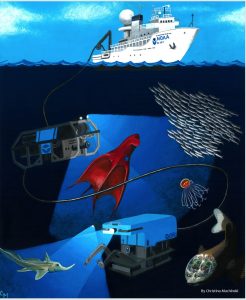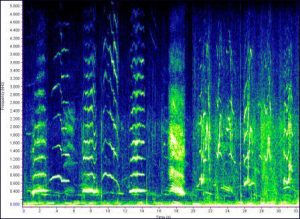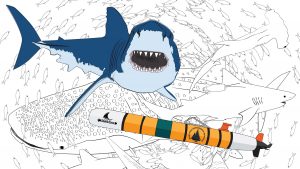Educational resources used during school closures
Woods Hole Sea Grant is pleased to be able to provide this list of educational resources to assist families and teachers with ideas and on-line programming for use during the unique school situations in response to COVID-19.
IMPORTANT: Please check with state and/or local officials for the latest information and regulations on outdoor activities in your community. Specific updates and details about the outbreak in Massachusetts can be found at Mass.gov
***We are not longer updating this webpage but have kept it as it has many valuable resources.
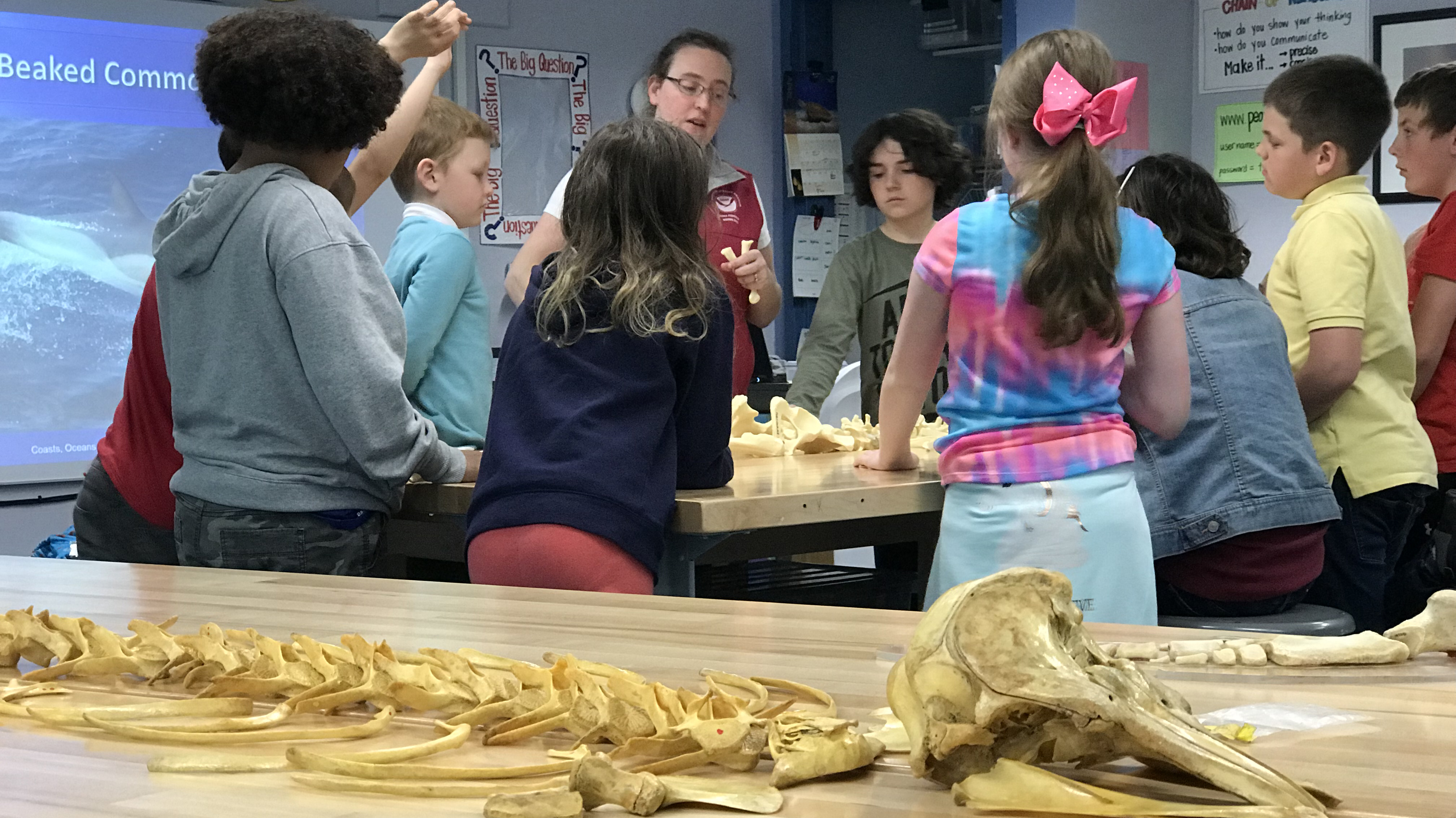
This page is not longer being updated as of 4/15/2021
NOAA Live! Series
During the 2020-2021 school year, the National Oceanic and Atmospheric Administration (NOAA)'s Regional Collaboration Network in conjunction with Woods Hole Sea Grant, is offering this series on Wednesdays at 4 EDT. Each webinar features a different NOAA expert/topic, live American Sign Language interpretation, and a moderated live Q&A throughout so that you can get a peek at what our NOAA scientists do in all the various NOAA offices. Look for the NOAA symbol below for our offerings in this series. These webinars are geared toward grades 2-8 and allow students to connect with scientists. Our sister series, NOAA Live! Alaska will be offered on Tuesdays at 3 pm ET #NOAALive4Kids
**All NOAA Live! webinars are recorded and posted on our YouTube playlist with English captions and Spanish subtitles**
» Click here for the full list of upcoming webinars and archives of recorded ones.
Animal and Ocean-Related Webcams
Pick the webcam you want to watch! Sharks, gorillas, hummingbirds and tropical reefs are a just a few examples. Just type "live animal cameras" or "live ocean cameras" in your favorite search engine.
Live Webinars or Streaming Events by Calendar Day
- NOAA Live! Webinars:
- You can get a peek at what NOAA scientists do in all the various NOAA offices. Webinars that have already happened are archived here. Sample topics include: Marine Mammals, A Bird's Eye View of Marine Mammals, The Ocean From Space, and more.
- New England Aquarium:
- Virtually visit the NEAQ by watching recordings of previous live talks. Topics are "Sharks and rays", "Staying warm", "Lionfish" and "Feeding time".
- Cincinnati Zoo:
- NOAA Ocean Today:
- A series of videos for kids. Series include, "Shipwrecked", "Endangered Ocean", "The remarkable Horseshoe Crab", and more.
- NOAA and the Octonauts:
- This has videos and fun activities!
- Skype a Scientist Archive:
- If you missed seeing your scientist talk in person, you can find the recorded talk here on YouTube!
- NOAA National Marine Sanctuaries:
- Creature feature videos.
- Petersen Automotive Museums's Educational Recorded Livestreams:
- (Ages 12 and under) Learn about the design process, history of the car, license plates, animal cars, and balloon cars with these fun videos and activities you can do at home.
- NPR "But Why?" Series:
- Podcasts for curious kids. Sample topics include, "Science of soap", "Why do people have nightmares", "How do we fall asleep", "Why do lions roar", and more!
- Virtual tour of the JOIDES Resolution Drilling Vessel:
- A 360 degree virtual reality tour by Deleware Sea Grant. Virtually view 12 different spaces on the ship!
- Nautilus Live:
- Explore the ocean LIVE with Dr. Robert Ballard and the Corps of Exploration.
- Alaska SeaLife Center:
- Virtual Field trips with videos. Sample topics include, "Watching walrus", "Meltdown", "Eyes on eiders", and more.
- The Hidden Worlds of the National Parks:
- Virtually visit our national parks with a park ranger and get a 360 degree view. These guided tours show you many interesting features of several of the parks in the US.
- Ocean Protection Advocacy Kids Webinars:
- These archived webinars are 45-60 minutes long and come with follow up lessons, activities, art projects, films, etc. that students can do at home. Topics include plankton, ocean adaptations, and more. (March 23, 2020 - present)
- Mount Washington Observatory:
- These are recorded Facebook Live sessions called, "Home of the World's Worst Weather Live!" (Grades 3-8)
- National Geographic Kids:
- Videos. Many fun videos to check out.
- NOAA Fisheries Video Gallery:
- Videos including topics such as aquaculture, coral conservation, protected species, and many more.
- Clearwater Marine Aquarium:
- Virtual Field trips and recorded live videos. The field trips include a fun activity. This is where "Winter" the dolphin lives!
- Forfar Field Station:
- Webinars for all ages (30-45) minutes and minisodes (3-6 minutes) for students of all ages who transitioned to online learning. This field station is in the Bahamas and the webinar topics include "Geology of the Bahamas", "Sharks and Rays", and "Bonefishing". Minisode topics include, "Sea Turtles of the World", "Bonefishing in the Bahamas", "What is Calcium Carbonate", and "Coral Outplanting".
- Marine Biological Laboratory SciShoots:
- These 10-15 minute videos are aimed towards high school students. You can watch the video and then submit questions to the scientist. Topics include, "Water Quality", "Invasive Alien Species", "Horseshoe Crab Biology", and more.
- Dauphin Island Sea Lab:
- There is a nice series of recorded Facebook Live Events called "Ask the Aquarist". Sample topics include, "Stingrays", "Crabby Crustaceans", "Octopus", and many more! Their YouTube channel also has the "Ask the Scientist" playlist, "Ask the Educator" playlist, and several other fun videos.
- Sea Education Association Pacific Crossing:
- Watch the video and read the blog posts as these students, scientists, and sailors sail from Honolulu to San Diego, CA. They set sail on May 26th, 2020.
- Museums:
- Many museums offer virtual tours. Google the museum that most interests you and check it out.
- Doodle with Mo Willems:
- Add the "A" in STEAM - recorded on YouTube
- Florida Sea Grant's "Bite-sized Science" Webinars:
- These 30 minute webinars cover a wide variety of topics and were recorded in Spanish and English.
High School/Undergraduate Level Resources
- Sea Education Association presents classes on the quarterdeck. Lecture topics include "Sailing to Mars via Earth's Newest Landmass", "From Sugar to Storm Surge: Using the History of the Plantation Complex to Contextualize Climate Change Issues in the Caribbean", and many more.
- Marine Biology at Home Lecture Series and Facebook Q&A. These recorded lectures provide free content and then you can ask questions of the "experts" on their Facebook page: https://www.facebook.com/marinebioathome/
- Introduction: https://youtu.be/SzZqmxuEvYo
- Episode 2 - Water is Weird: https://youtu.be/Rv2pAz7YjgE
Important: Please check with state and local officials for the latest regulations on outdoor activities. mass.gov
Beach Cleanups
Make any walk on the beach you take a part of Woods Hole Sea Grant's marine debris efforts! Take a bucket or other collection container (reusable grocery bags works well if you have an extra) and collect and record the debris you find as you walk. Click here to find the form we use. You can then scan it and email it to seagrant@whoi.edu or mail it to us at WHSG Marine Debris Cards, 193 Oyster Pond Rd., MS #2 and we'll submit it to the national database. It works best if one or two members of the group collect and another records the items. Please make sure to be extra safe - wear gloves, honor the social distancing recommendations if you see someone outside your family group, don't pick up sharp items without an adult's help and leave any dead birds or animals alone. For other recommended safety tips, visit here.
Mapping
You can make a map of your backyard or local area. Think about what landmarks you might want to include. Will they still be there in a year, 10 years, more? Can someone else use your map to navigate? You can use your map to guide a family member to a piece of "treasure" you leave for them. Is your map detailed enough for them to find the correct spot?
Scavenger Hunt Walk or Hike
Take a walk in your local area! Whether it be through the woods, on the beach, or in your backyard, get some fresh air and sunshine. Many organizations have trail maps posted online. While outside you can add some fun by turning it into a scavenger hunt. Perhaps your family will look for 5 things that flower, or 5 pieces of evidence that an animal passed through the area. When you get home or back in your house you can look up the difference between an angiosperm and gymnosperm or research animal tracks. Maybe you take binoculars with you and see who can spot 5 different species of birds first or look around for signs of different weathering events. Any walk can instantly become an adventure. Project Learning Tree has some great suggestions for family activities outside.
Virtual Turtle Trash Collectors from the University of North Carolina Wilmington MarineQuest
Are you looking for fun and creative virtual activities for your network, scouts, students, or families? UNCW MarineQuest Turtle Trash Collectors can bring a virtual program to you this summer!
During our hour-long program, you will:
• Virtually participate in a simulated sea turtle necropsy (animal dissection)
• See how trash in the ocean can impact sea turtles
• Learn how trash can get to the ocean
• AND learn how we can all help stop marine debris!
(Please note that while all ages are welcome, this program was originally designed for 3rd-5th grade students. Younger audiences should attend with an adult if possible.)
Your group will also have a chance to become a Turtle Trash Collector and earn our digital turtle badges by collecting trash outside with the help of an adult. This is something families can do together to help us save the ocean, while also flattening the curve since they can practice social distancing while cleaning up their neighborhood. This badging program is open to anyone at any time and I have attached a flyer with instructions on how to sign up! We will also introduce our new Citizen Science Project that your group can participate in at the end of our program (project guide attached)!
Please complete the following form to request the program: https://uncwyouthprograms.
Virtual Tours
Monterey Bay Aquarium: It can be Shark Week every week thanks to live online footage of Monterey Bay's Habitat exhibit.
Oxford University's History of Science Museum. Oxford, England
Natural History Museum (NHM) in London
Virtual COVID-19 Friendly Field Trips Around the World (compiled by someone outside our organization)
| San Diego Zoo | 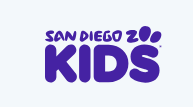 | The San Diego Zoo has a website just for kids with amazing videos, activities, and games. Enjoy the tour! |
| Yellowstone National Park Virtual Field Trip |  | Mud Volcano, Mammoth Hot Springs, and so much more. Tour Yellowstone National Park |
| MARS!!! |  | Explore the surface of Mars on the Curiosity Rover. 360 Mode offers a digital view! |
| Animal Cameras | 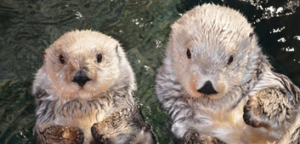 | Live Cams at the San Diego Zoo Monterey Bay Aquarium live cams Panda Cam at Zoo Atlanta 6 Animal Cams at Houston Zoo Georgia Aquarium has Jellyfish, Beluga Whales, and more |
| Virtual Farm Tour |  | This Canadian site FarmFood 360 offers 11 Virtual Tours of farms from minks, pigs, and cows, to apples and eggs. |
| U.S. Space and Rocket Museum in Huntsville, AL |  | See the Saturn 5 Rocket on YouTube and more on this tour thanks to a real father/son outing. |
| Discovery Education Virtual Field Trips | 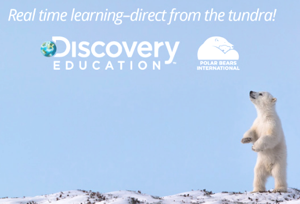 | A few of the field trip topics include Polar Bears and the Tundra Social Emotional Skills STEM manufacturing |
| Dauphin Island Sea Lab Facebook Live | 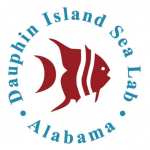 | https://www.facebook.com/disealab/ Facebook Live. 10 am on weekdays |
- Sea Grant - BRIDGE Ocean Science Education: Teacher approved marine education materials. This has some activities just for students as well as resources for teachers.
- PBS games: PBS has a variety of games to choose from. There are nature, engineering, and animal games to name a few. Examples include, "Don't Flood the Fidgits", "Aquabot", "Ocean Guide", "Creature Photoshoot", and more. Sign up at this website to get daily activities and tips to help kids play and learn at home.
- NOAA National Ocean Service:
- Activities and resources just for kids: Various games, coloring pages, and more. This page is PACKED with fun games to play, videos to watch, and fun activities to do at home!
- Activity Book - Discover your changing world with NOAA. This had 10 activities to introduce you to the essential principles of climate science.
- Dive into tutorials on subjects ranging from corals to tides to geodesy.
- Monterey Bay Aquarium- posters: Monterey Bay Aquarium has some great habitat posters that allow you to have students "I spy" as many animals as they can and are a great way to stimulate discussion.
- Monterey Bay Aquarium- critter cards: Monterey Bay Aquarium provides marine mammal critter cards so that you can play concentration, go fish, guess who and more. (There are also coloring pages)
- New England Aquarium: Activities you can do at home with common materials. Activities such as, "Ponds freeze in the winter - why doesn't the ocean?", "Counting the fish in the sea", "How animals stay warm", and more.
- Kids' Crossing: A resource for science education from the National Center for Atmospheric Research and the University Corporation for Atmospheric Research. Resources and games about climate, weather, and the atmosphere.
- Sheppard software's Kid's Corner: Food chain games and information.
- NOAA Marine Debris: A variety of puzzles and brain teasers you can download.
- Voices of the Sea: Try the marine mammal call-matching and memory game online.
- Picture Matching- Right Whales: COAST Program activity used in our lesson to match North Atlantic right whale drawings to the real right whale picture. Answer key
- Woods Hole Sea Grant - Resources for Educators and Students: Visit our resource page for even more activities, marine mammal sounds, and more all divided up by topics ranging from "Marine mammals in our backyard", "Adaptations and climate change", and more.
- New England Aquarium: At home projects and activities such as visit a virtual tank to become an "expert", look at animal adaptations, or discuss fish mouths.
- NOAA's Office of Education: Virtual dives with National Marine Sanctuaries, hands-on activities to do at home, and the online school for weather are just a few examples of what you can find here.
- Center for Alaskan Coastal Studies - Science learning at-home & outside. Many of these activity sheets, excursions, and scavenger hunts are specific to Alaska but even if you do not live there, it is fun to see what you might find! You might want to compare the animals you would find in Alaska to those you can find in our local community.
- Petersen Automotive Museums's Educational Recorded Livestreams: (Ages 12 and under) Learn about the design process, history of the car, license plates, animal cars, and balloon cars with these fun videos and activities you can do at home.
- Northeastern University Marine Science Center: Although this is a page with educator resources, it has some fun things for you to do at home. Print out species ID cards to make your own "Rocky Intertidal Collage". Scroll down to print out the "Boston Harbor Habitats Poster Series" and have fun coloring.
- Cincinnati Zoo and Botanical Garden: Home safari resources - fun activities you can do at home!
- American Museum of Natural History: "Bacteria in the Cafeteria Game", "Differentiate! The stem cell game", "Find my baby plankton picture", and MANY more! Try out their "Ology" website that also has videos and activities.
- NOAA Science on a Sphere (SOS) Explorer Mobile: Download this free app from the Apple app store or google play to explore earth and space from anywhere.
- NOAA and NASA's Geostationary Operational Environmental Satellites (GOES): Games, apps, and models to explore! Step by step instructions on how to build your own Lego GOES-R model!
- NOAA and NASA's SciJinks, It's All About the Weather: Satellites, atmosphere, tides and oceans, weather and more. There are games, videos, and a lot of information including a tornado simulator.
- Florida Sea Grant educational resources for families: This website has educational videos and activities on manatees, cetaceans (whales and dolphins), sea turtles, and habitats (beaches, estuaries, and coastal hammocks). There are even some recorded lessons from curricula.
- Junior SeaDoctors: This organization is based in the Pacific Northwest and has marine science videos and activities that you can easily do from your home. Topics include: "diving birds and mammals", "rocks, geology and the planet", "the intertidal world", and "the subtidal world". Sample activities include: "map your migration" and "model a watershed".
- Earthecho: To celebrate the 50th anniversary of Earth Day, try out some of these activities that allow you to bring a little bit of outside inside your home. Sample activities include: "begin composting at home", "regrowing food scraps", "audit the environmental impact of your home", and more.
- Ocean School's Learn From Home: There is an educational video and a student activity for each weekday and 4 weeks of free material. Sample topics include Sharks, CSI: cod stock investigation, All around the oyster farm, Grocery shopping for whales and more.
- National Geographic Kids: There are many fun games to play here including, "Dung beetle derby", "Dolphin diving", "Beaver Badminton", and many more!
- National Marine Life Center: Aquatic adventure activities will be posted on their Facebook page each Wednesday and Friday at 11 am ET. Click here to see past activities and find coloring sheets.
- Games at NOAA: Games such as "water life: quest to nest (sea turtles)", "water life: rivers meet the sea", "severe weather preparedness adventure", and so many more.
- Girls Scouts can earn their endangered species badge online while at home. Cadette-, Senior-, and Ambassador-level Girl Scouts from any state can earn this patch by completing a five-step process. They must explore, investigate, create, experience, and present information about plants and animals protected under the Endangered Species Act.
- Clearwater Marine Aquarium: Fun activities with a video accompanying a craft or game. Sample topics include: manatee mania, pelican party, seahorses & seagrasses, radical reef, sea turtle snack time, and more. This is where "Winter" the dolphin lives! Geared toward pre-K and early elementary learners.
- Dauphin Island Sea Lab - Check out this 7 minute "Make your own watershed" activity!
- National Hurricane Center presents: Create-A-Cane - Try to create ideal conditions for a hurricane by changing the winds, latitudes, moisture and sea temperature. Try to get your score up to 80! Aim a Hurricane - How many different places can you make the hurricane strike simply by changing a few conditions?
- Southern Ocean seal monitoring: Help monitor populations of seals across the world by tagging time-lapse and drone photographs.
- National Weather Service: Learn Science and Safety with Owlie Skywarn. There are pages for both kids and teens.
- Virtual Turtle Trash Collectors from the University of North Carolina Wilmington MarineQuest: This is a fun activity for your network, scouts, students, or families. UNCW MarineQuest Turtle Trash Collectors can bring a virtual program to you this summer where you virtually participate in a simulated sea turtle necropsy (animal dissection), see how trash in the ocean can impact sea turtles, learn how trash can get to the ocean, AND learn how we can all help stop marine debris! Also, earn our digital turtle badges by collecting trash outside with the help of an adult.
Virtual Lessons and Webinars for Classrooms

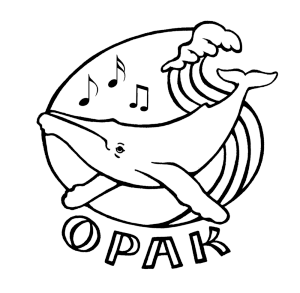
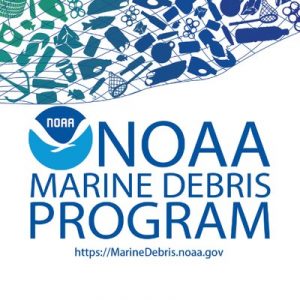
STUDENTS WILL:
- Virtually participate in a simulated sea turtle necropsy (animal dissection)
- See how trash in the ocean can impact sea turtles
- Learn how trash can get to the ocean
- AND learn how we can all help stop marine debris!
Program details:
We will use a password protected Zoom meeting for our virtual program and students can connect with us from their homes via a computer, tablet, or smart phone. Please note that we have had great success with this model, even delivering a 2TC program to a teacher and students in Austria! For safety purposes, our staff will have video on, but all participants will have video and audio off, so no students will appear on screen. We will keep the program interactive using polling questions throughout and students can type questions at any time in the chat box. Please allow 1 hour for the program and questions. We recommend that you try a Zoom meeting with your students prior to our program. There is a free version of Zoom (https://zoom.us/) online.
To request a Virtual Turtle Trash Collectors program, please complete our program request form at: https://uncwyouthprograms.
Contact
Grace Simpkins
Woods Hole Sea Grant Educator
gsimpkins@whoi.edu

